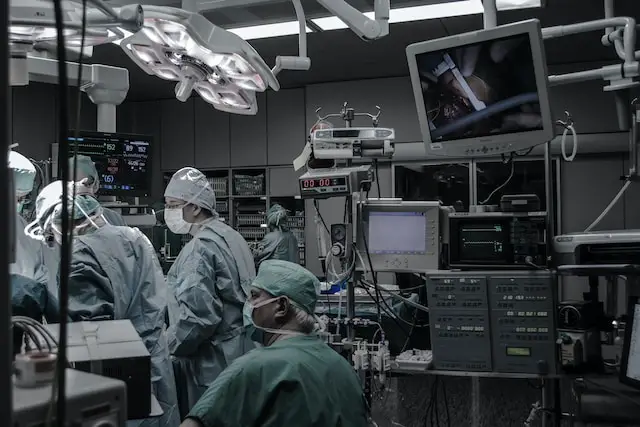Penn State College of Medicine (PSCOM) is a medical school located in Hershey, Pennsylvania. The school is part of the Pennsylvania State University system and was established in 1963. The college offers medical degrees as well as degrees in other health-related fields. In this essay, we will discuss the pros and cons of Penn State College of Medicine.

Pros:
- Strong academic programs: PSCOM offers a range of academic programs that are designed to provide students with the knowledge and skills needed to succeed in their chosen careers. The school is particularly strong in areas such as primary care, pediatrics, and research.
- Research opportunities: PSCOM is home to many research centers and institutes, which provide students with opportunities to participate in cutting-edge research projects. The school is particularly well-known for its research in cancer, neuroscience, and infectious diseases.
- Clinical experiences: PSCOM has partnerships with many hospitals and health systems, which provide students with a wide range of clinical experiences. Students have the opportunity to work with patients in various settings, including hospitals, clinics, and community health centers.
- State-of-the-art facilities: PSCOM has state-of-the-art facilities, including a medical simulation center, which provides students with opportunities to practice their skills in a realistic setting. The school also has a large medical library and modern classrooms and labs.
- Strong sense of community: PSCOM has a strong sense of community, with students, faculty, and staff working together to create a supportive and inclusive environment. The school offers a range of support services, including tutoring, counseling, and career services, to help students succeed.
Cons:
- High cost: Like many medical schools, PSCOM can be expensive, and students may face significant debt after graduation. However, the school offers financial aid and scholarships to help offset the cost of tuition.
- Intense workload: Medical school is notoriously challenging, and PSCOM is no exception. Students must be prepared to work hard and manage a heavy workload that includes classes, clinical experiences, and research projects.
- Limited diversity: The student body at PSCOM may not be as diverse as some other medical schools. However, the school is committed to promoting diversity and inclusivity and actively recruits students from diverse backgrounds.
- Limited social scene: Hershey, Pennsylvania, where PSCOM is located, is a small town, and there may be limited social opportunities for students on campus. However, the school is located near larger cities such as Harrisburg and Philadelphia, which provides students with a range of social activities off-campus.
- Limited flexibility in curriculum: PSCOM has a rigorous curriculum that is designed to prepare students for the demands of the medical profession. However, this may leave limited flexibility for students to pursue other interests or take elective courses outside of their program.
Conclusion:
In conclusion, Penn State College of Medicine is a well-respected medical school that offers strong academic programs, research opportunities, and clinical experiences. The school has state-of-the-art facilities and a strong sense of community, and it is committed to promoting diversity and inclusivity. However, the school can be expensive, and students must be prepared for a heavy workload. The student body may also be less diverse than some other medical schools, and there may be limited social opportunities on campus. Overall, PSCOM is an excellent choice for students who are looking for a rigorous and rewarding medical education.
